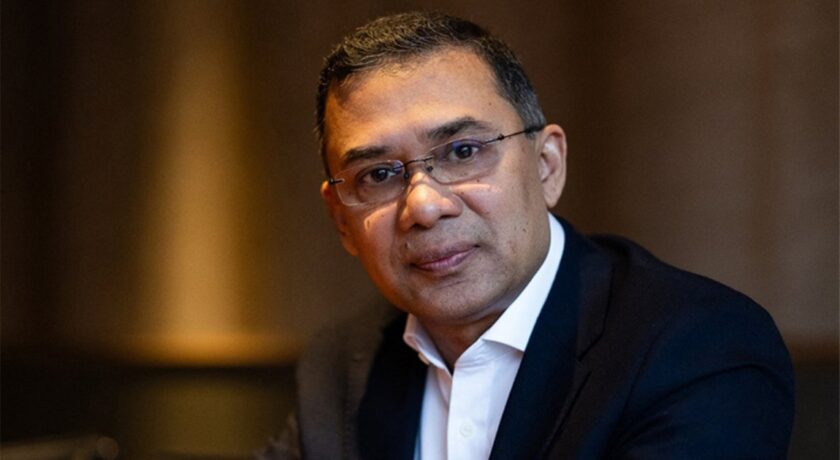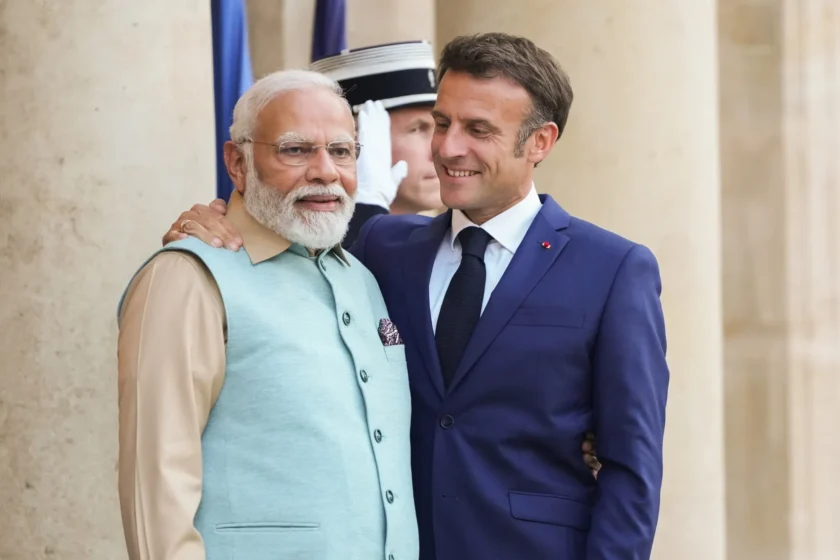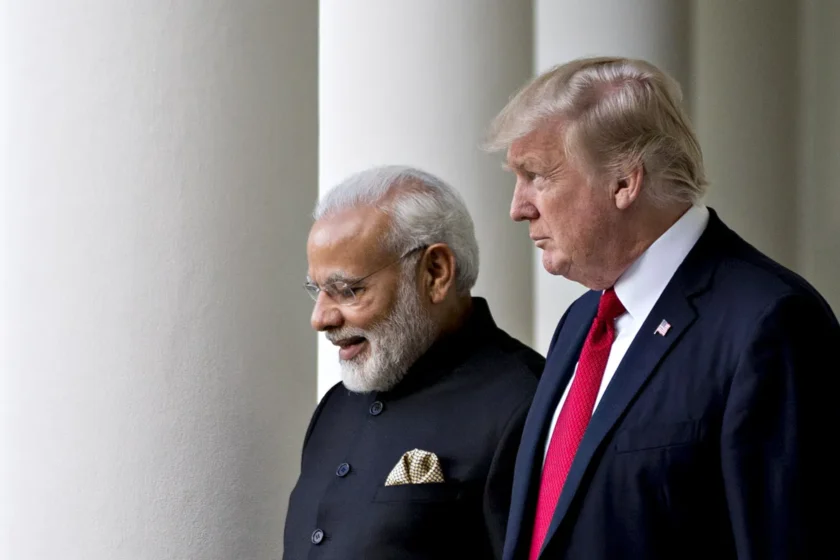Kyiv: The conflict between Russia and Ukraine is highly complex and dynamic, making it difficult to determine who has the edge at any given moment. Key factors that influence the situation include military strength, international support, economic stability, and internal political dynamics.
Military Strength
- Russia: Russia has a larger and more technologically advanced military compared to Ukraine. This includes more significant numbers of troops, tanks, aircraft, and naval assets.
- Ukraine: Ukraine has been receiving military aid and training from Western countries, including the United States and NATO members. This support includes advanced weaponry, intelligence, and strategic advice.
International Support
- Russia: Russia has limited international support but maintains alliances with countries like China and Iran. It also uses its influence in various regions to gain political and economic leverage.
- Ukraine: Ukraine has strong backing from Western nations, particularly NATO and the European Union. This support includes military aid, economic sanctions against Russia, and diplomatic pressure.
Economic Stability
- Russia: Russia’s economy has been affected by international sanctions, but it remains resilient due to its vast natural resources, particularly in energy. However, prolonged conflict could strain its economic stability.
- Ukraine: Ukraine’s economy has suffered due to the ongoing conflict, but international financial aid and support have helped mitigate some of the damage. Rebuilding and economic development remain significant challenges.
Internal Political Dynamics
- Russia: Russia’s government, led by President Vladimir Putin, maintains a strong grip on power, which allows for consistent policy implementation. However, domestic dissent and economic challenges could impact its stability.
- Ukraine: Ukraine has made strides in political reforms and anti-corruption measures but still faces challenges in governance and political unity. The conflict has also heightened national solidarity and resistance against Russian aggression.
The situation is fluid, and the balance of power can shift due to various factors, including battlefield developments, changes in international support, economic conditions, and internal political dynamics.

---------------------------------------------------------------------------------------------------














